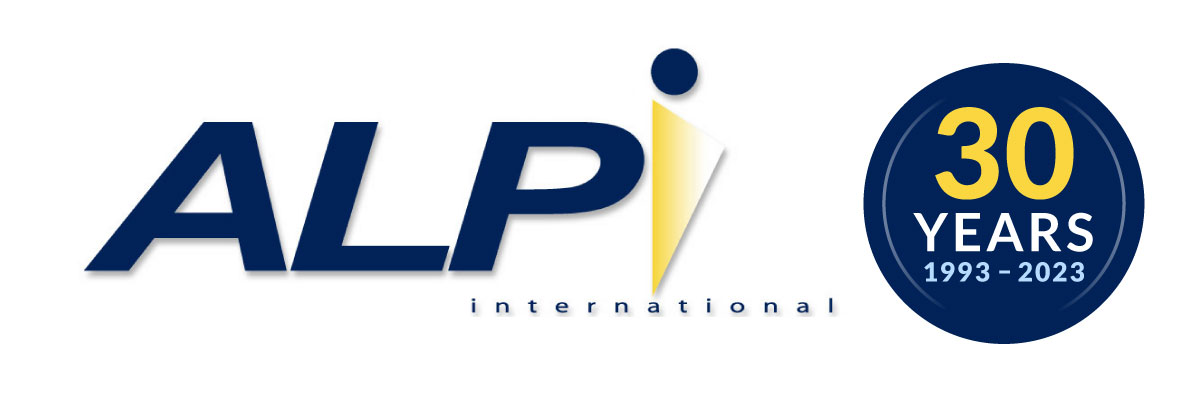Advanced Level Agile Technical Testing—ISTQB Software Testing Certification Training
Course Description




Why choose ALPI for ISTQB Advanced Agile Technical Tester certification training?
- ALPI's training is accredited by ASTQB, the U.S. Board for ISTQB certification, so you can be certain you are getting excellent training quality.
- We use certified live instructors in both our in-person and virtual classes so you can ask questions and get answers right away.
- We focus on real-world examples.
- We teach using interactive, hands-on exercises.
- This ALPI course is eligible for a free refresher guarantee so you can re-take the course within 4 months at no additional charge. Plus, if you meet the criteria, you could also re-take your exam for free. Contact us for information about this unique benefit that gives you peace of mind.
By the end of this course, an attendee should be able to:
- Apply Agile techniques to ensure tests that provide adequate coverage
- Define testable requirements within Agile Team
- Create and implement various Agile Test approaches using appropriate techniques
- Support and contribute to test automation activities in an Agile project
- Support continuous integration in an Agile Team
- Support Agile Team in continuous delivery and deployment
- Learn the service virtualization concepts
- Work with, and share information with, other team members using effective communication styles and channels
- For participants attending class remotely (Virtual Live), the exam can be scheduled online from home/office or by visiting a test center. Visit ISTQB Online Exam Information and Locate a Test Center for details.
- For participants attending class in Chevy Chase, MD, the exam will be administered on last day of class, ending by 5pm, so please plan your travel accordingly.
Duration
2 day(s)Time
9 - 5 ETPrice
$1,350Labs
Exercises reinforcing Learning Objectives help to understand and apply topics in the course.
Intended Audience
The target audience for this course includes:- Test Automation Engineers
- Performance Testers
- Performance Test Engineers
- Systems Engineers
- Software Developers
Prerequisites
You must have obtained an ISTQB Foundation Level Certification (CTFL) and an ISTQB Agile Tester Certification (CTFL-AT) to be eligible for the Advanced Agile Technical Tester Certification.Prior to attending class please download and review the following document: Advanced Level Agile Technical Tester
Outline
Requirements Engineering
- Requirements Engineering Techniques
- Analyze user stories and epics using requirements engineering techniques
- Identifying acceptance criteria using requirements engineering and test techniques
Testing in Agile
- Agile Software Development and Test Techniques
- Test-driven development (TDD)
- Behavior Driven Development (BDD)
- Acceptance test-driven development (ATDD)
- Experience-based testing in Agile
- Combining experience-based techniques and black-box tests
- Creating test charters and interpreting their results
- Aspect of Code Quality
- Refactoring
- Code reviews and static code analysis to identify defects and technical debt
Test Automation
- Test Automation Techniques
- Data-Driven Testing
- Keyword-Driven Testing
- Applying Test Automation to a Given Test Approach
- Level of Automation
- Understand the level of test automation needed
Deployment and Delivery
- Continuous Integration, continuous testing and continuous delivery
- Continuous integration and its impact on testing
- The role of continuous testing in continuous delivery and deployment (CD)
- Service Virtualization
